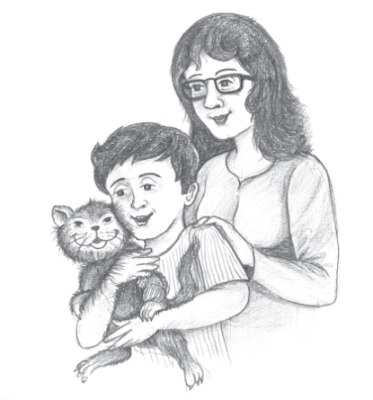Weathering the Storm in Ersama
By Harsh Mander
Analysis:
·
The story ‘Weathering the Storm in
Ersama’ written by Harsh Mander is a beautiful message of kindness, compassion
and helpfulness to the humanity.
·
It is an account of a young man,
Prashant who experienced a super cyclone in his village in Orissa, which was
badly hit by the cyclone. The story narrates small acts of kindness and
sensibility by Prashant in order to help the villagers rehabilitate after the
storm.
·
The story is great lesson to all the
youngsters who can reach out to the needy and grief stricken people in the time
of crisis and bring smiles on their grim faces.
·
Prashant stood out as a true example of
strong leadership and selfless help. He displayed amazing sensibility, great
sense of belongingness and noble spirit of humanity.
Summary
/ Synopsis
Prashant was a nineteen years old young man who
lived in Kalikuda, a village in the coastal state of Odisha. He lost his mother
seven years ago.
On 27 October 1999, when he was staying with his
friend in Ersama, it was badly hit by a super cyclone. He along with his
friend’s family remained on the rooftop of the house and survived on the tender
coconuts from the coconut trees that had fallen on the roof.
As the rain stopped, Prashant left for his home as
he feared the worst for his family. He took a stick to help him find the road.
At times, he had to swim through the flood waters. On the way he came across
dead bodies of human beings and animals which floated with the current. As they
crossed villages, not even a single house could be seen. Prashant’s house was
shattered, too and he saw the belongings hanging on the branches of the trees.
He wept as he felt that he had lost his beloved family.
Then, he went to the Red Cross shelter in search of
his family. There Prashant first of all, saw his maternal grandmother. She was
elated to see him alive and then, he met his whole family. Prashant saw a crowd
of 2500 people at the shelter. Many had lost their families in the disaster and
they were grief stricken. Prashant took control of the situation. He formed a
group with some elders and young people and forced the merchant to give them
the stock of rice and were successful.
After 4 days the crowd had a meal. Then, the group
of volunteers cleaned the shelter and tended the injured people. Prashant engaged
the widows to work in an NGO run programme named ‘Food for work’. He engaged
the children by arranging sports matches for them. He proposed the villagers to
set up foster families comprising of the widows, orphaned children and lone men
to support each other emotionally, in family environment. Thus, Prashant
overcame his grief and learnt to spread smiles on the sad faces even in the
time of adversity.
Message
Through a strong and sensible character like
Prashant the readers learn the message to spread smiles on the sad faces ignoring
personal issues and pains and even in the time of adversity how to keep calm
and guide and manage the shattered lives in the wake of natural disaster.
The story is great lesson to all the youngsters who
can reach out to the needy and grief stricken people in the time of crisis and
bring smiles on their grim faces. Youngsters may draw inspiration to become
strong leaders and selfless volunteers during natural disasters. Prashant’s
amazing sensibility, great sense of belongingness and noble spirit of humanity
is a strong message to this troubles world full of selfishness and hatred.



